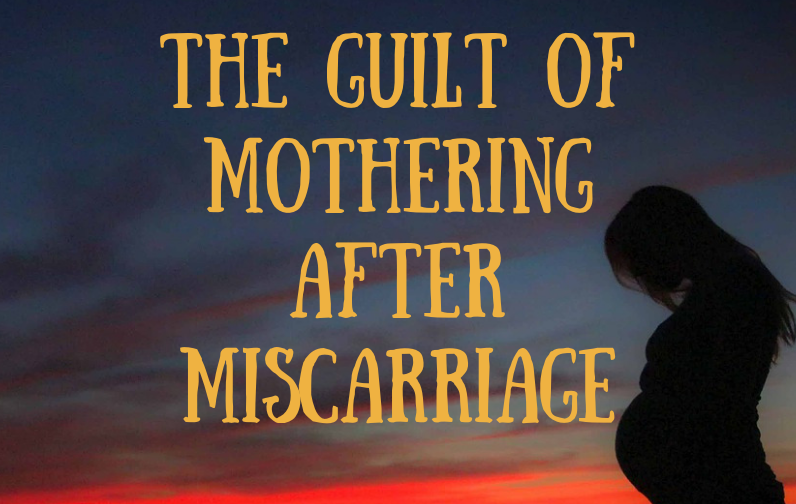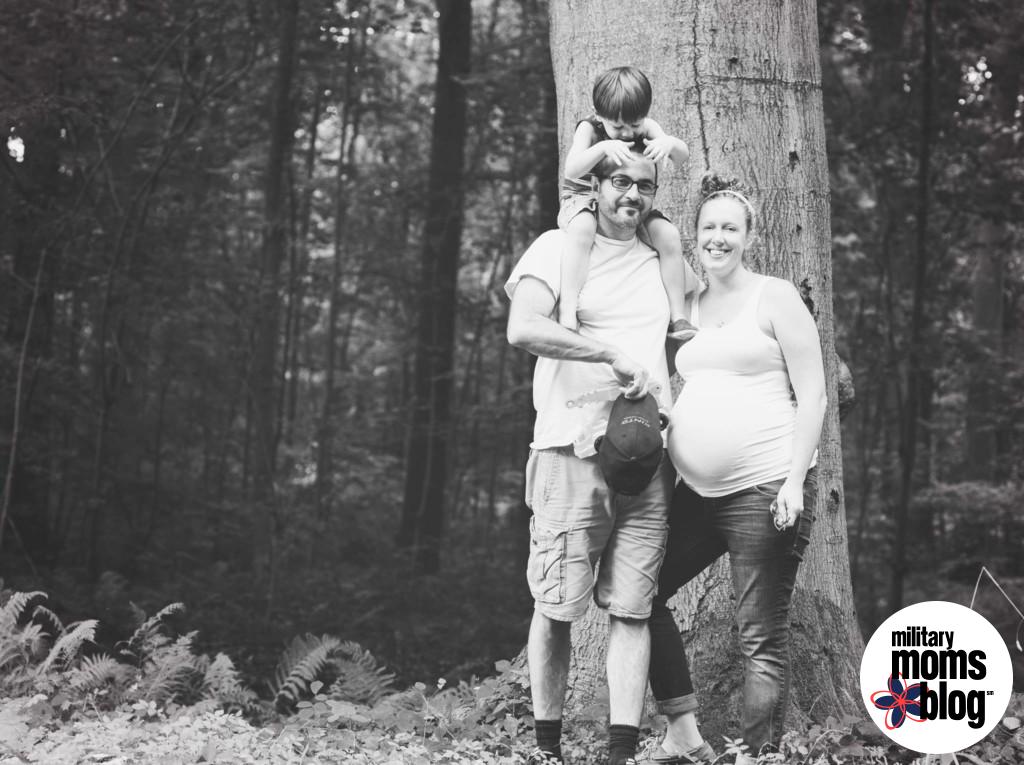
Although miscarriage, stillbirth, and infant mortality have occurred throughout history, it wasn’t until 1988 that President Ronald Reagan designated the month of October to its observance. By 2002, October 15th was specifically recognized as Pregnancy and Infant Loss Awareness Day.
Since then, much of the stigma surrounding these type of losses have been erased. This is due in large part, I believe, to the emergence of social media and the ease with which these losses can be discussed in open forums.
As a woman who has suffered two consecutive miscarriages, I am profoundly grateful for this emerging discourse. Indeed, I feel responsible to add to it, to tell my own story in search of both healing and solidarity.
In the past, I have reflected on my experiences both as a woman and, more specifically, as a military spouse. My hope is that in sharing the uncomfortable, sometimes unpalatable, realities of miscarriage, others will feel less alone at a time that can be utterly isolating.
But if society has become more aware of this type of loss in general, it has yet to fully analyze its realities. Its existence is acknowledged almost superficially, something akin to passing interest. We nod our heads in acknowledgment of pain we may not understand. We “like” or “share” stories of loss as a show of support. But rarely, rarely, do we delve into the emotional and psychological toll miscarriage can render long after a woman’s body has healed.
And while I can’t speak for every woman, I have personally experienced one overarching emotion—a feeling that burrows its way into the most unexpected of situations: Guilt.
There’s the initial guilt. The one that insists you are to blame, that your pain was preventable. It reduces you to shame for failing to nurture a pregnancy, reminding you with the cruel repetition of healthy bellies at every turn.
There’s also the guilt of pregnancy after miscarriage. It prevents you from feeling the joy others expect you to exude. It makes you feel phony for masking your fear of another loss. You hold your breath, waiting for a fall. When it never comes, you chastise yourself for allowing negativity to mar what should have been a beautiful experience.
Both of these feelings, in my experience, tend to be a phase. Indeed, the more sinister form of guilt is that of mothering after miscarriage.
This type settles in permanently, often quiet but ever-present. Because life with small children tends to be loud and chaotic, the guilt can usually be ignored; but in those rare slices of silence, it whispers into your ear. It admonishes you for taking time to grieve.
Your child needs you, it pleads. The one physically here. The baby who craves every ounce of your love and affection. Why are you so selfish? Why can’t you be grateful for what you already have?
These whispers are lies, but they cut deep nonetheless.
There’s guilt, too, in raising a rainbow baby. These are children born following a loss. Their births are rightfully celebrated as a joyful end to an otherwise sad story. But what happens when raising a rainbow baby isn’t sunshine and daisies? What happens when the storm is only just beginning — when the baby days are dark?
Guilt— and more guilt.
It’s as if the rain clouds pouring over your head only serve to grow a veritable garden of guilt. And when the storm seems never-ending, the hopelessness sets in. Negative thoughts intrude, even in the brief reprieve of sunlight.
It’s there when you grow impatient with your child; when you complain about lack of sleep; when teething disrupts your routine; and when tantrums threaten your very sanity.
It’s there when you grow annoyed at the clutter and step on a Lego; when you raise your voice in anger.
It admonishes you for failing to recognize your blessings at every unpleasant moment and demands to be acknowledged. It craves your obedience to its hypnotizing allure.
But those of us who have lived through loss are strong.
We’ve had to be.
The logical side of us says that no matter which type of guilt we may feel, it’s all irrational. It has no basis in reality because we have done nothing wrong.
We know this.
We try to shrug it off.
But it latches onto our hearts. It digs in deep and tears open wounds long believed healed. It reminds us anew of deeply embedded trauma, insisting we learn to live with it instead of leaving it behind. And we do, because motherhood is nothing if not a giant ode to the art of multitasking.
This guilt, however unfounded, is as real as the swollen bellies we never had the chance to grow: forever halted, yet as tangible as anything we’ve ever known.
This year, on Pregnancy and Infant Loss Awareness Day, take a moment to reflect on the women in your life who have suffered some form of loss. See them not just as statistics but as the unique, complex individuals they are. Allow them to share their stories if they are willing. In doing so, in breathing life into loss, we can chip away at that omnipresent guilt and return a long-overdue measure of peace to a mama who has weathered a terrible storm.
Offer her an umbrella and your ear. She will be forever grateful.












I’ve been there too. It gets better.
https://hubpages.com/family/All-Things-Do-Work-Together-For-Good
Comments are closed.